
OR
NRB tells Infrastructure Bank promoters to deposit 45% of paid-up capital
Published On: March 24, 2018 09:49 AM NPT By: Republica | @RepublicaNepal
KATHMANDU, March 24: Nepal Rastra Bank (NRB) has asked promoters of the proposed Nepal Infrastructure Bank to deposit 45 percent of the paid-up capital within 30 days, giving a green signal for the opening of the bank that is expected to finance mega infrastructure projects.
The board meeting of the NRB held on Thursday decided to ask the promoters to deposit 45 percent of the capital to issue the letter of intent (LoI) for the opening of the bank.
“After the amount is deposited, the central bank’s board will issue the LoI,” said Rajendra Pandit, deputy spokesperson of the NRB.
Following the unveiling of the licensing policy for the establishment of infrastructure development banks, a group of 40 Nepali promoters including bank and financial institutions, insurance companies and corporate houses have applied for the license to set up the infrastructure development bank.
Binod Atreya, the CEO of Emerging Nepal Ltd and a promoter of the proposed Nepal Infrastructure Bank, told Republica that the process of getting the operational license will start once they get the LoI from the central bank.
“After filing the 45 percent amount of the capital and getting the LoI, we will work toward registering the company with the Office of Company Registrar, setting up the infrastructure, recruiting staff, and other works to apply for the operational license,” said Atreya. “We will be completing these all works within six months.”
According to Atreya, the government will have 10 percent (Rs 2 billion) stake in the proposed infrastructure bank with Rs 20 billion of paid-up capital while 50 percent ownership will be of 40 institutional and individual promoters.
NIC Asia Bank, Prabhu Bank Ltd, Nepal Investment Bank Ltd, Global IME Bank Ltd, Siddhartha Bank Ltd as well as 10 other insurance companies along with 40 other promoters will have 50 percent share in the infrastructure bank. The bank will later float 40 percent shares to the public to collect Rs 8 billion in the capital, according to Atreya.
Among others, the infrastructure development bank can float loans and make equity investment on infrastructure development projects, issue domestic and foreign currency denominated financial instruments to mobilize financial resources on infrastructure projects, mobilize long-term deposits, and issue debentures for arranging resources and leasing trading.
The government has been mulling investing on such infrastructure development bank since long as existing BFIs lack capacity to finance mega projects due to liquidity mismatch. Liquidity mismatch refers to the position of a bank whereby the deposits that it holds are for a shorter period while the maturity of loans that it floats is for a longer period.
You May Like This

Banks fail to reach 23 local units due to lack of basic infrastructure
KATHMANDU, June 30: Though it has been over two years since the country went into a federal structure, 23 local... Read More...

NIBL says is 1st private bank to meet minimum paid-up capital requisite
KATHMANDU, Aug 22: The 462nd board meeting of Nepal Investment Bank Ltd (NIBL) has proposed to distribute 20 percent stock... Read More...

BAFIA amendment to allow foreign promoters of Nabil Bank, NMB Bank to retain stakes
KATHMANDU, June 13: A bill at the parliament to amend the Banks and Financial Institutions Act (BAFIA) could pave the way... Read More...
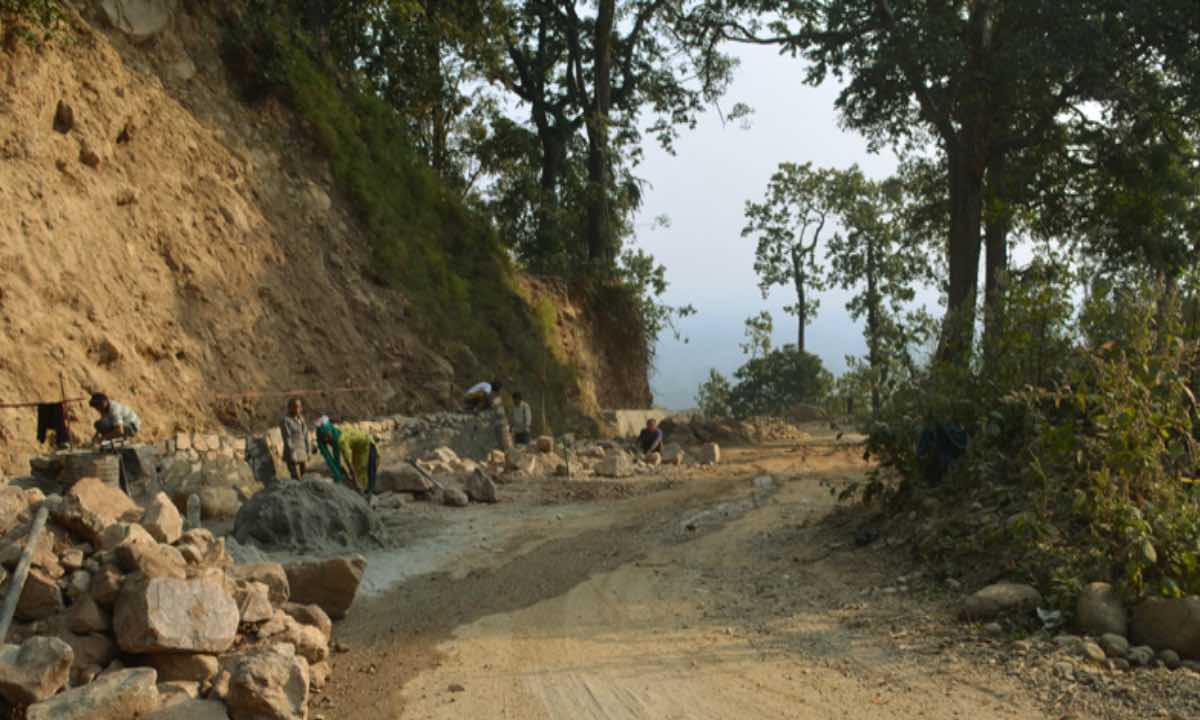
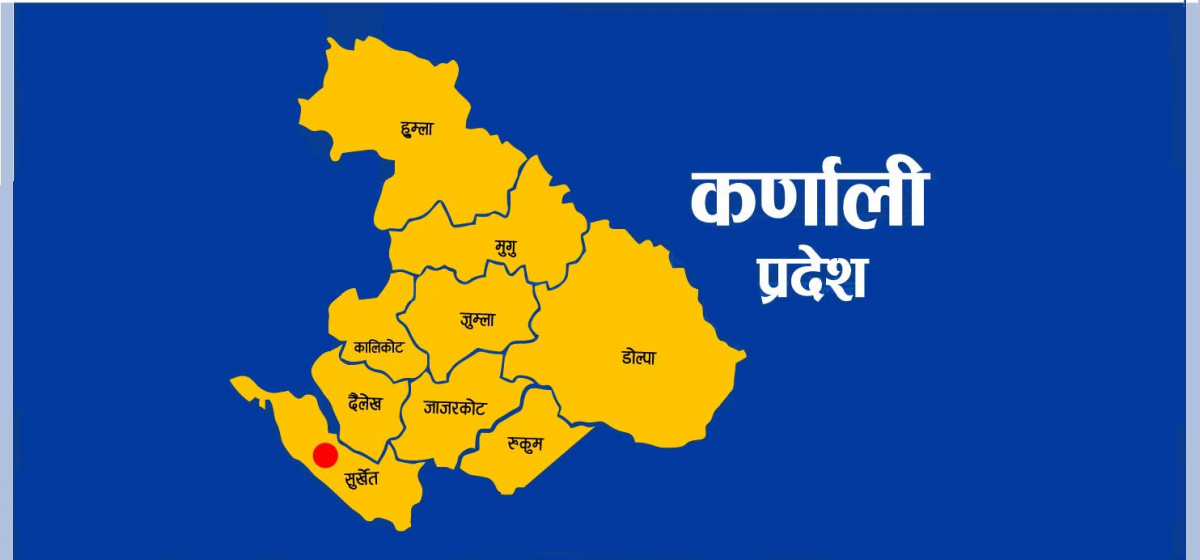

Just In
- Daiji-Jogbudha road construction at snail’s pace
- Govt fails to adopt podway technology despite its potential in Nepal
- Jhulaghat border crossing in Baitadi to remain closed from this evening
- Universities will be free from partisan interests: Education Minister
- CIAA files cases against five, including ex-chief of Social Development Office Dolpa
- Kathmandu witnesses surge of 2,000 new commercial bank branches in six years
- Crops and livestock special production zone scheme implemented in 10 districts of Karnali
- Rising food prices cause business slowdown



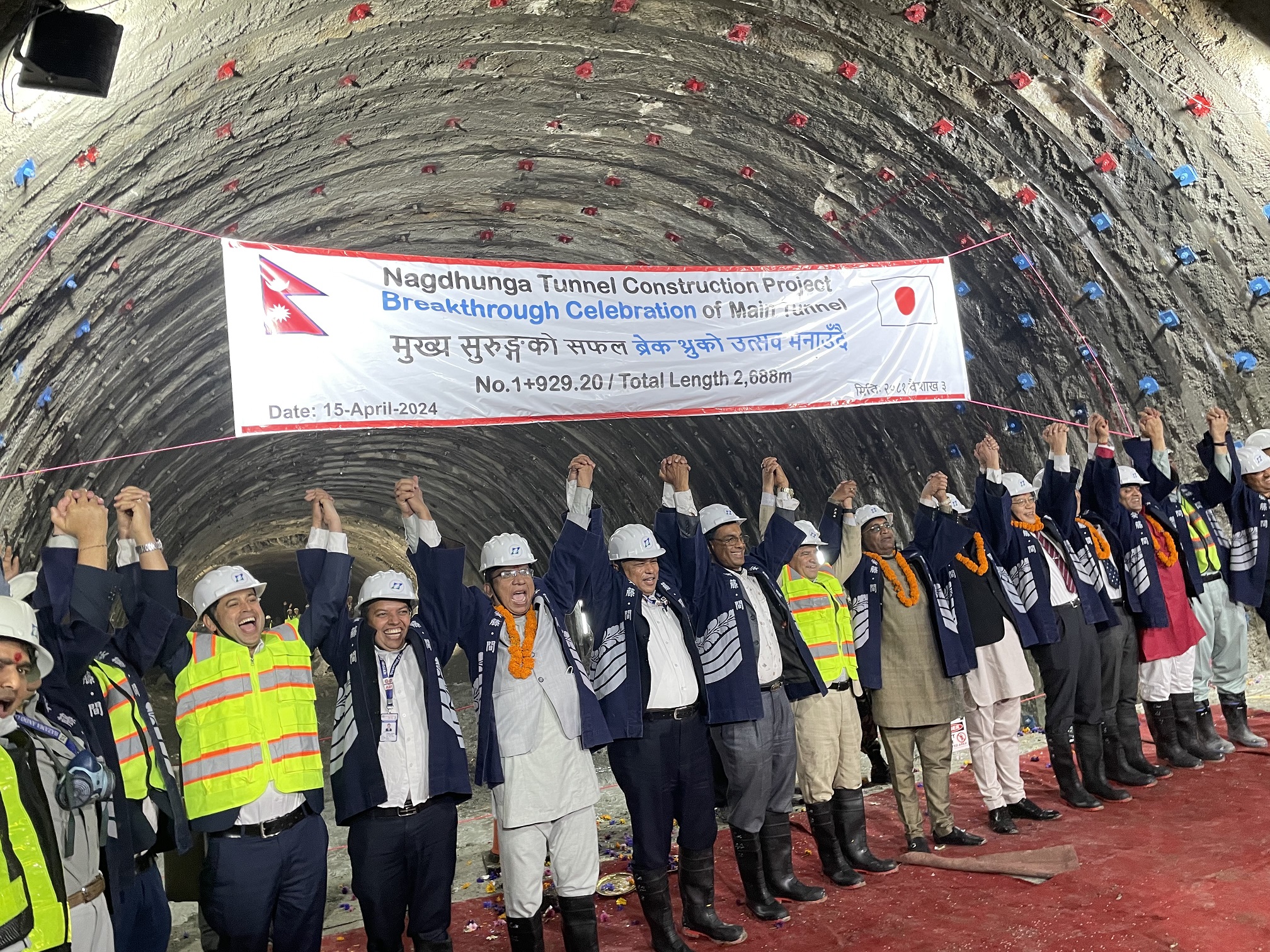



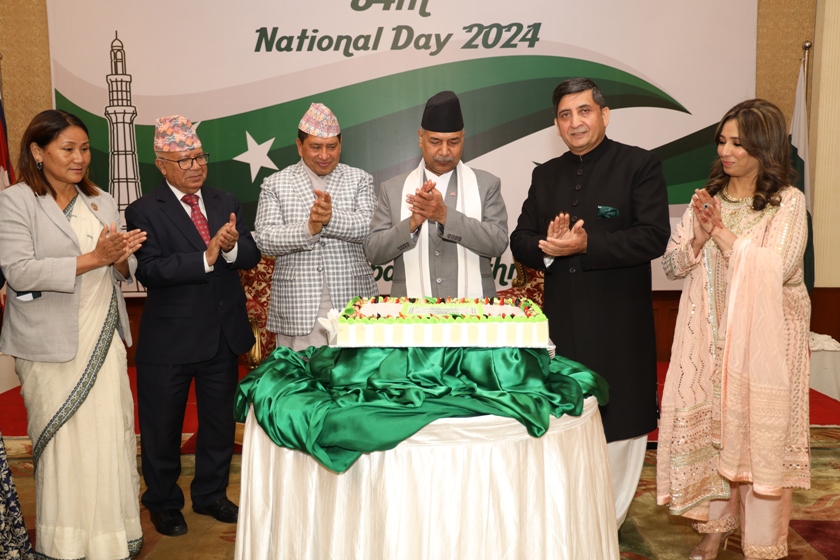



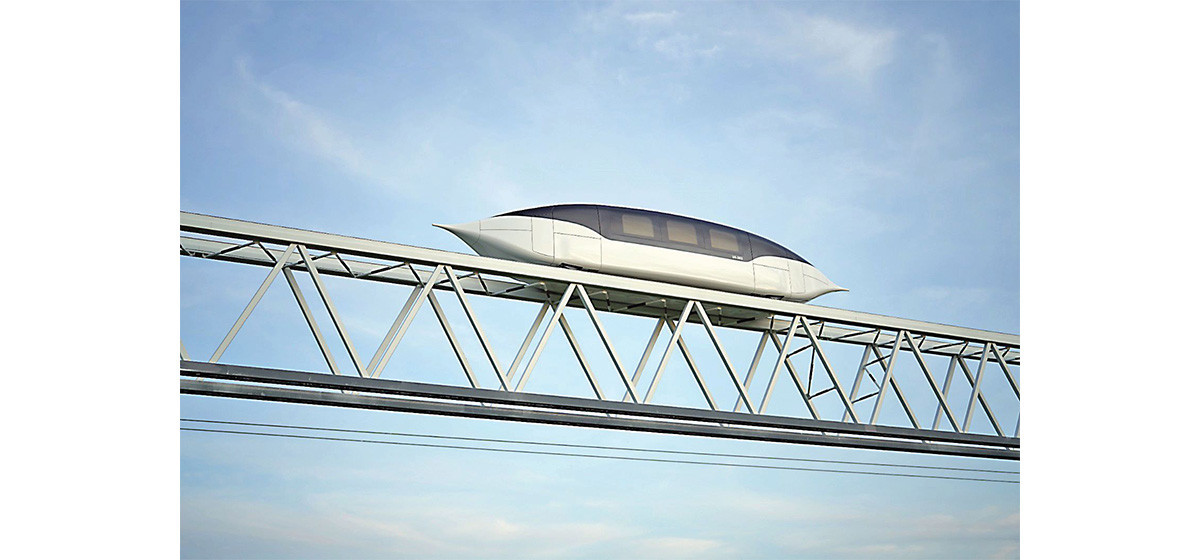
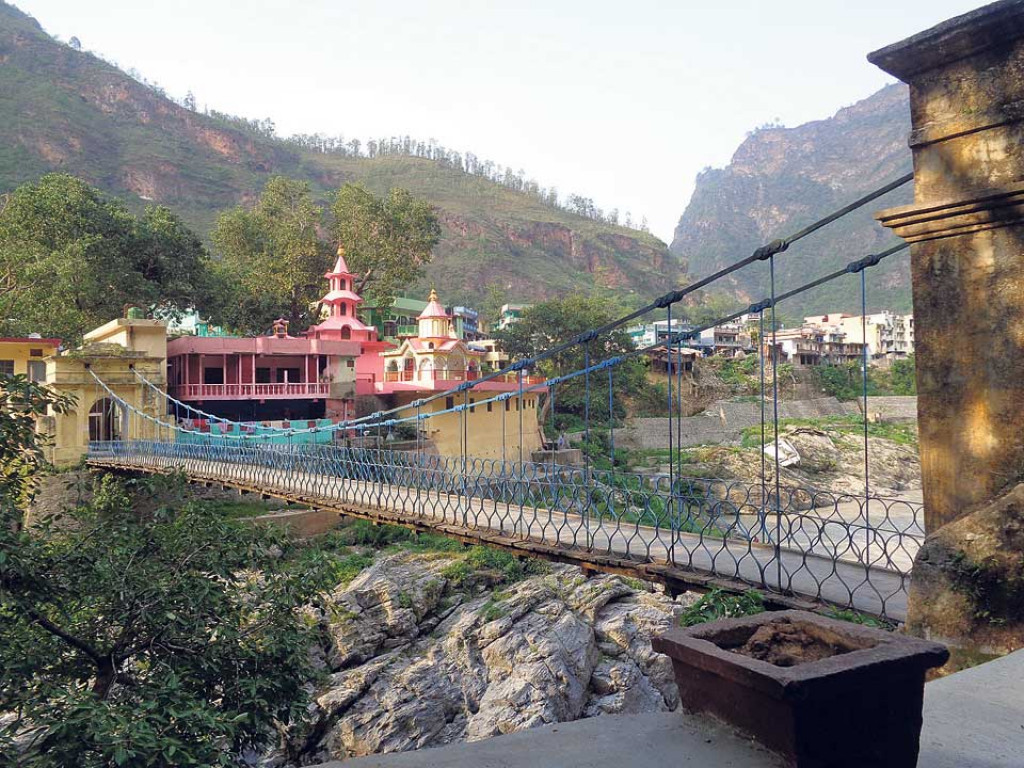
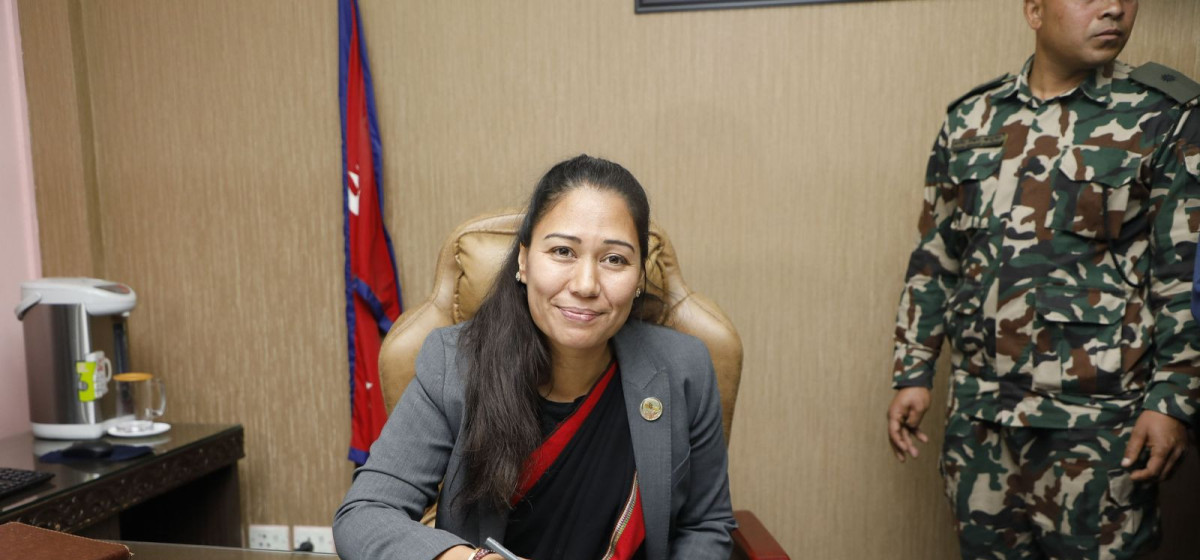
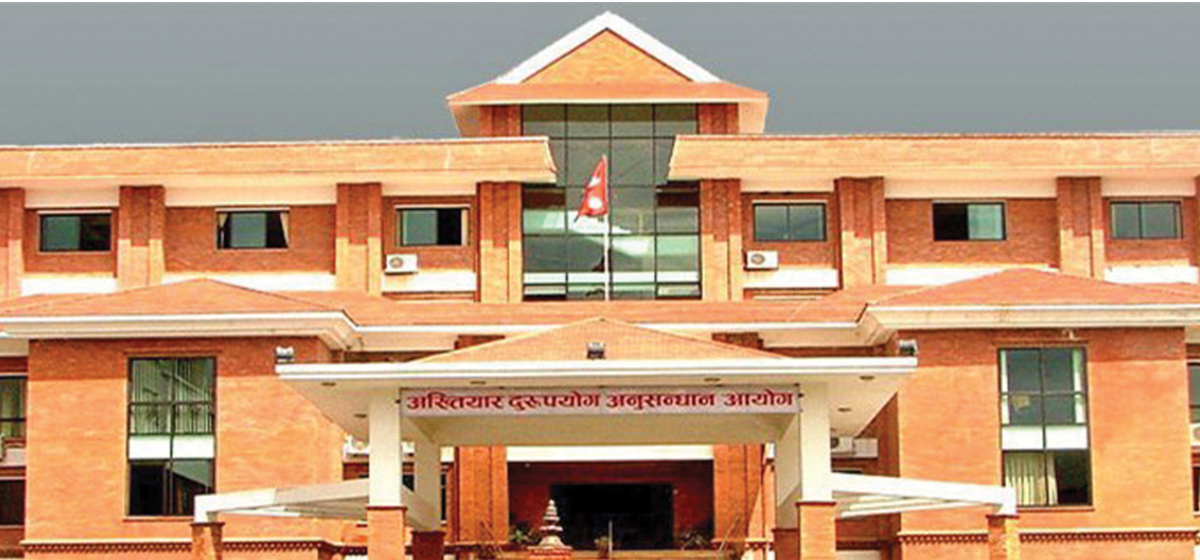

Leave A Comment